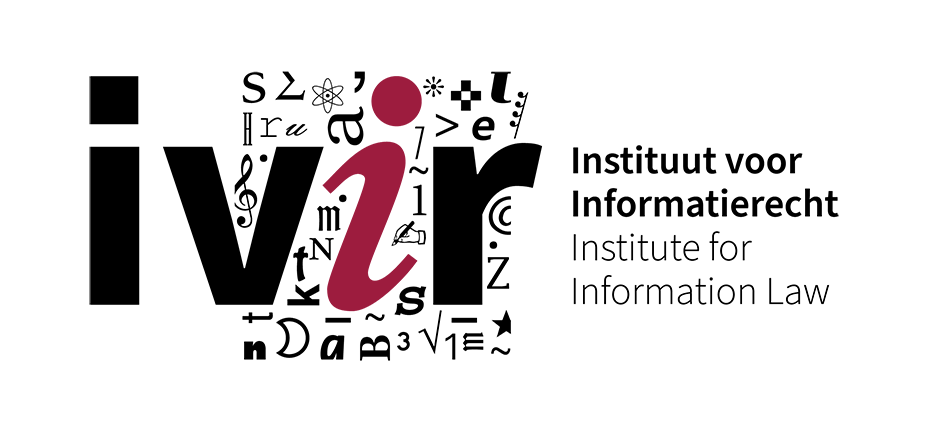Frederik Zuiderveen Borgesius in the news about Cambridge Analytica and online political microtargeting
Frederik Zuiderveen Borgesius was quoted in media reports about Cambridge Analytica and online political microtargeting. Such microtargeting involves monitoring people’s online behaviour, and using the collected data, sometimes enriched with other data, to show people targeted political advertisements.
- In Dutch, for NRC Handelsblad: De advertentie weet precies wie je bent;
- In Dutch, for De Volkskrant: De Trumpiaanse raadscampagne van een 22-jarige VVD’er uit Enschede;
- In Dutch, for the NOS (Netherlands Broadcasting Service): Facebook opnieuw in crisis, ditmaal over gebruikersdata;
- In English, for The Verge: Cambridge Analytica’s Facebook data abuse shouldn’t get credit for Trump.
With Judith Moeller, Sanne Kruikemeier, Ronan Fathaigh, Kristina Irion, Tom Dobber, Balázs Bodo and Claes de Vreese, Frederik recently published a paper on such microtargeting:
“Online Political Microtargeting: Promises and Threats for Democracy”, Utrecht Law Review, Vol. 14, No. 1, p. 82-96, 2018.
Online political microtargeting involves monitoring people’s online behaviour, and using the collected data, sometimes enriched with other data, to show people-targeted political advertisements. Online political microtargeting is widely used in the US; Europe may not be far behind. This paper maps microtargeting’s promises and threats to democracy. For example, microtargeting promises to optimise the match between the electorate’s concerns and political campaigns, and to boost campaign engagement and political participation. But online microtargeting could also threaten democracy. For instance, a political party could, misleadingly, present itself as a different one-issue party to different individuals. And data collection for microtargeting raises privacy concerns. We sketch possibilities for policymakers if they seek to regulate online political microtargeting. We discuss which measures would be possible, while complying with the right to freedom of expression under the European Convention on Human Rights.

